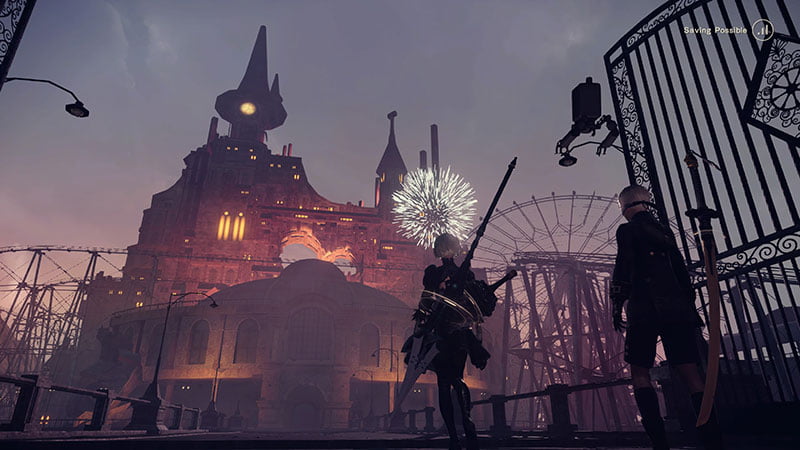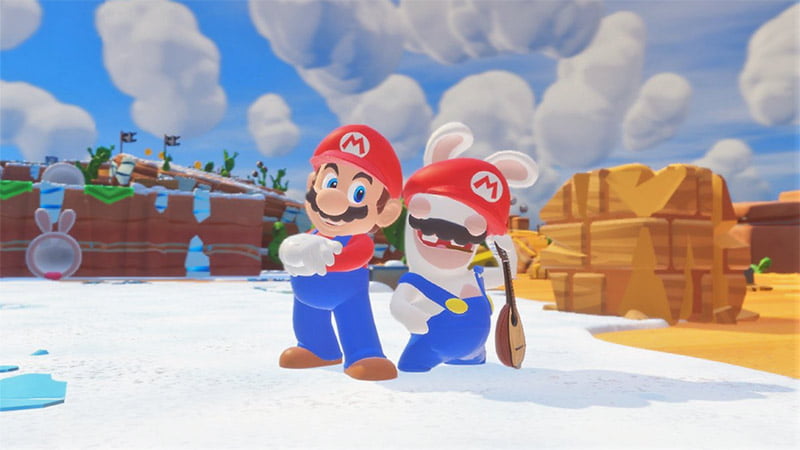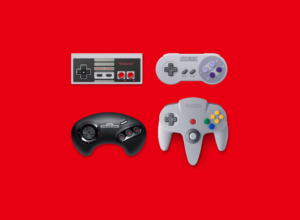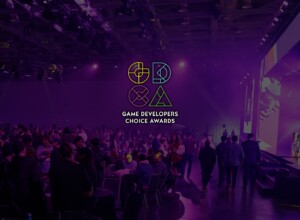A full twelve months of video games.
The video games industry has finally done it. For years many people – myself included – have called for releases to be spread out across the year so that there would no longer be a glut of games coming out in the run up to Christmas. Maybe, just maybe, a couple of games could appear during those quiet summer months.
2017 appears to be the year where publishers have taken this approach on board. It’s been a phenomenal year for video games with numerous Game of the Year contenders. And there are still contenders to come, such as Super Mario Odyssey, Assassin’s Creed: Origins, and Star Wars Battlefront II.
For the past few years the indie scene has helped fill in the gaps between major releases, and this continues to be the case. Games like Snake Pass provide unique gameplay mechanics and finish before over-staying their welcome. It is these sorts of games that help strengthen the industry, making it less dependent on multi-million-dollar AAA titles. The larger publishers over the past decade have become increasingly reliant on such titles and as seen during the lead up to Christmas of 2016 this is the safe bet it once was.
Looking back at the some of the most notable releases from the first few months of 2017 and you’ll notice a similarity: Nier: Automata, Yakuza 0, and Persona 5; all effectively niche Japanese titles from major Japanese publishers. Each has received glowing critical consensus and have sold relatively well, with Nier’s sales far exceeding Square Enix’s expectations.
These are not short games either, with the first two taking over 20 hours to finish, and that by no means equates to “completing” either game; Persona 5, of course, is in a whole different league, requiring over 80 hours. The success of these titles seems to suggest a resurgence of Japanese video games, or at the very least a renewed interest from the West, combined with greater effort on the part of the publishers to actually bring these games to foreign shores.

Then there is Nintendo, who came into 2017 with a brand-new hybrid console. At first there were many who complained that Nintendo’s new Switch system lacked games, but the approach was to systematically split up major titles across the year, rather than drop everything at launch.
Nintendo is still supporting its 3DS family of handheld consoles, with the latest iteration, the New 2DS XL, released just as children break up from school for the summer. The software front has also received renewed support, despite assertions that focus should be solely on the Switch, with Hey! Pikmin, Miitopia – surprisingly one of the most amusing games of the year – and Metroid: Samus Returns, the 2D side scrolling Metroid game that the internet has been clamouring after for years. The latter was seen by many reviewers to be a perfect swan song for the series of handheld; although there are also at least two more Pokémon games coming to the system later in the year with Ultra Sun/Moon.
With all of these notable games – and this is by no means an exhaustive list – one’s backlog can easily get the better of them, and that doesn’t begin to take into account the leftovers from 2016. Usually, the slowdown of the summer months would alleviate this, but this summer has been particularly busy, with the aforementioned 3DS releases, but also as a result of strong support for the Switch throughout its first year.
In the three past three months, the Switch has received new IP Arms, a strong sequel with Splatoon 2, and the unexpected gem of tactical Mariomash-up Mario + Rabbids Kingdom Battle. Just the last two games alone help separate this summer from previous years. But they are not alone in giving the Switch such a strong library during these traditionally quiet months. Whilst these might not be exclusives, the Switch has very much felt like true home for these games, as seen with Ironcast, Death Squared, and even Sonic Mania.

It might come across as slightly petty to bemoan that there are too many video games, as this is a good problem to have for now. Having a diverse range of video games released more evenly throughout the year results in a more stable industry, and in turn can allow for more experimentation.
In the UK, the amount people spend on video games has increased, intimating that more people playing them – or perhaps that those who already play video games are spending more – which shows there is sufficient demand for an increase in supply. However, if console stores continue to expand they risk becoming as crowded as the App Store or Google Play, where visibility is a concern. It’s for that reason that stores like Nintendo’s eShop on the Switch have proven to be so successful with indie developers, with more studios announcing that Switch versions have been more successful than other console versions, and more profitable than the App Store.
For years the summer drought might have provided a time of rest for the industry, but it also represented the imbalance that existed within. For all the doom and gloom that is placed upon the state of dedicated video game systems, 2017 appears to highlight its continued resilience and relevance but is also a stark reminder that regardless of how good the hardware might be, it is the games that define the strength of a console. The Switch’s expanding library this summer is a testament to that.






